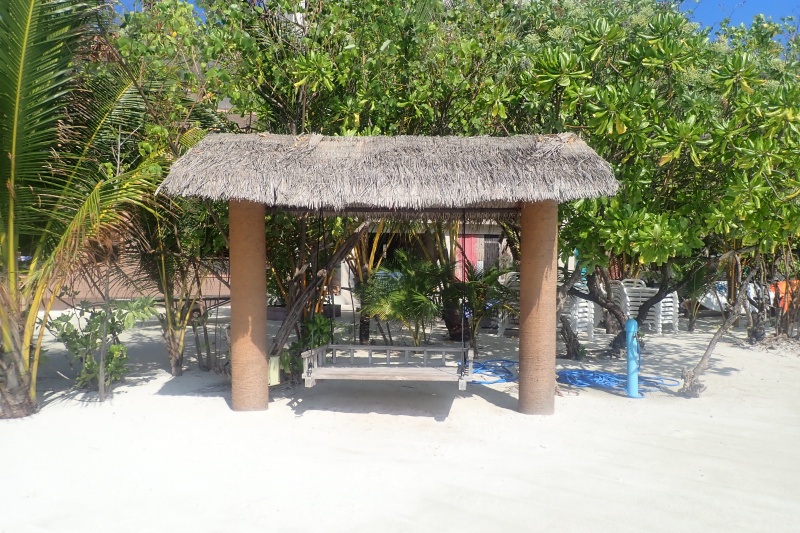Before You Go to the Maldives
Planning a trip to the Maldives requires some preparation. From visa requirements and health precautions to packing tips and cultural etiquette, here is everything you need to know before you go.
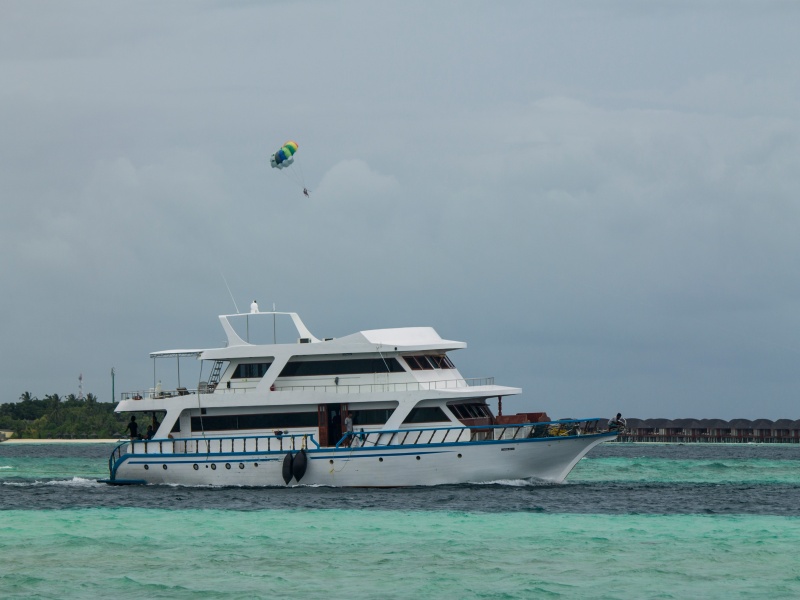
Gulhi island guide
Arranged in various small island clusters or atolls, the Maldives is an archipelago of 1,192 islands. The nation’s tropical weather, coral reefs, and …
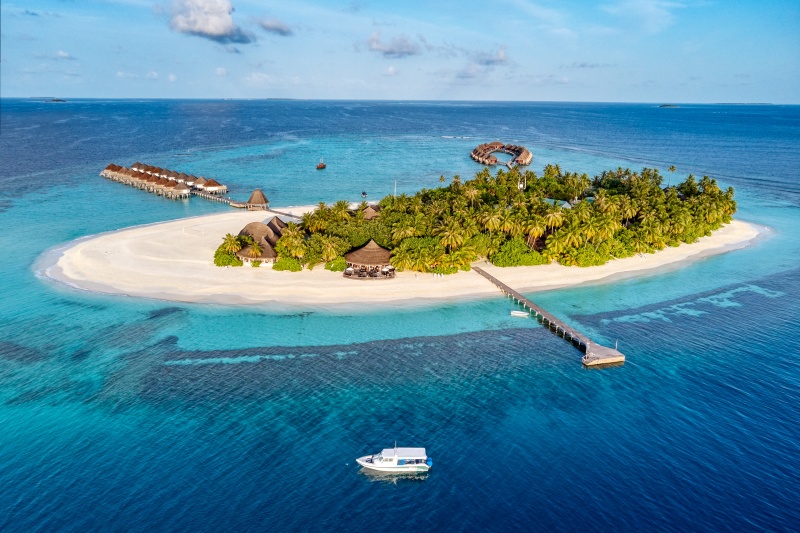
8 Awesome things we love about the Maldives
For a holiday destination to enjoy universal liking is no easy feat. The Maldives is among the few places that never fails to amaze its visitors. But …
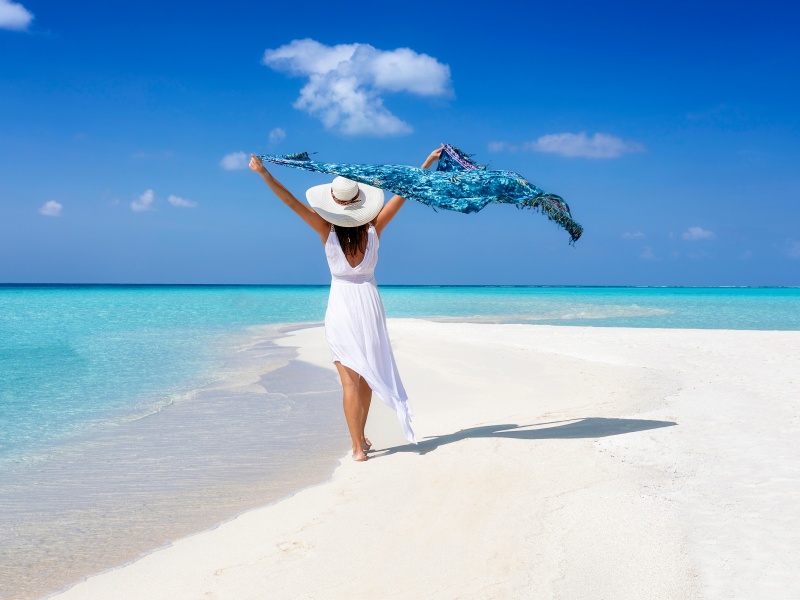
Gaafaru island guide
The Maldives is an archipelago with nearly 1,192 islands and 3.14% of the planet’s coral reefs. Home to white sand beaches, crystalline blue …
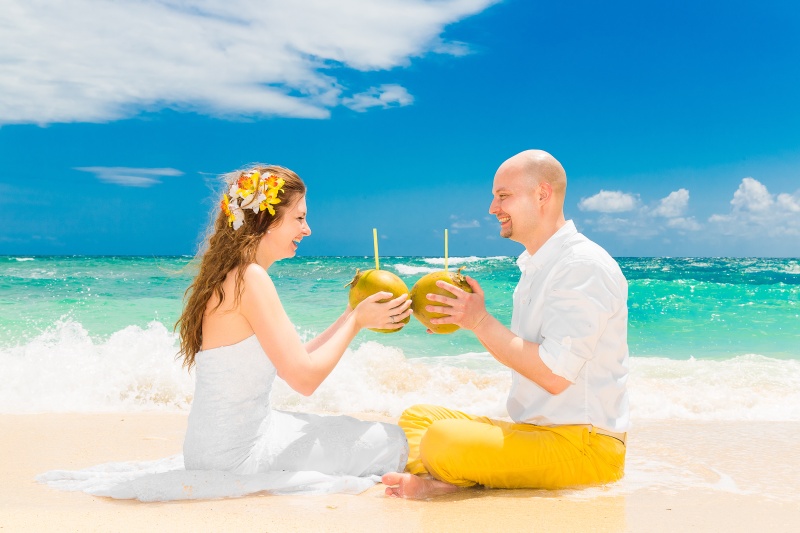
Complete guide to a Maldives beach wedding
Planning a destination wedding is typically incomplete without at least a thought of tying the knot on the beach. Although there are several islands …
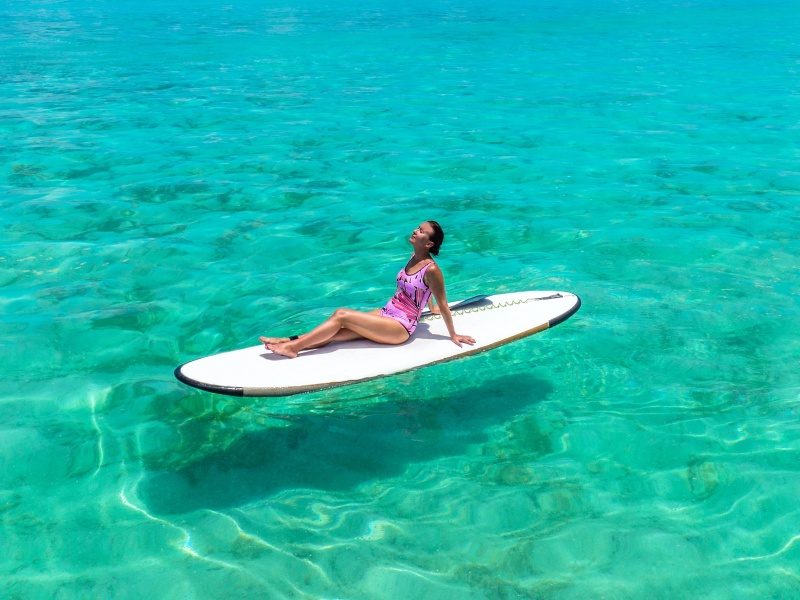
Your ultimate Maldives weather guide
Situated far away, in the middle of the Indian Ocean, Maldives enjoys warm, tropical weather due to its proximity to the equator. As a result, the …
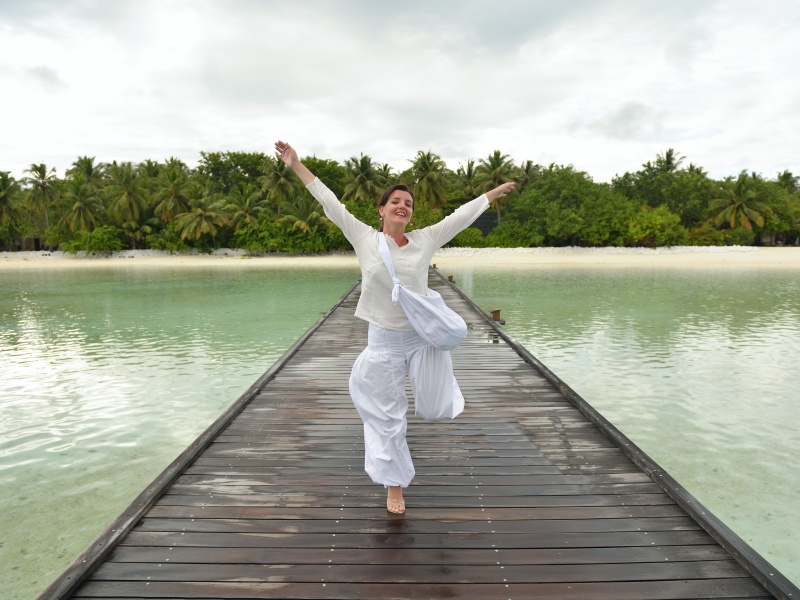
9 Reasons to visit the Maldives during the monsoon
The Maldives has two monsoons, but both are not wet. The Southwest Monsoon from May to October is the primary rainy season. In terms of tourism, it is …
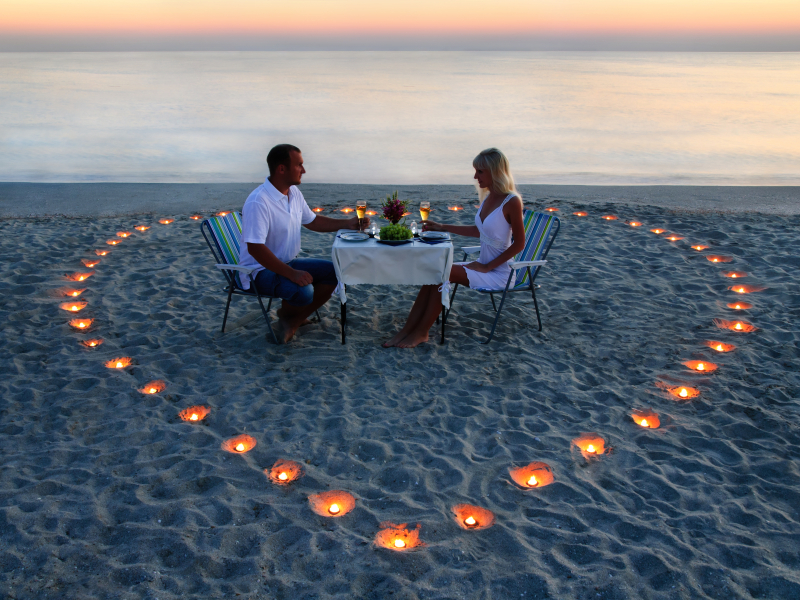
12 Unknown Maldives facts and tips
As Maldives’ fame reaches astronomical heights among avid travelers, more and more people are learning about the island nation and its many wonders. …
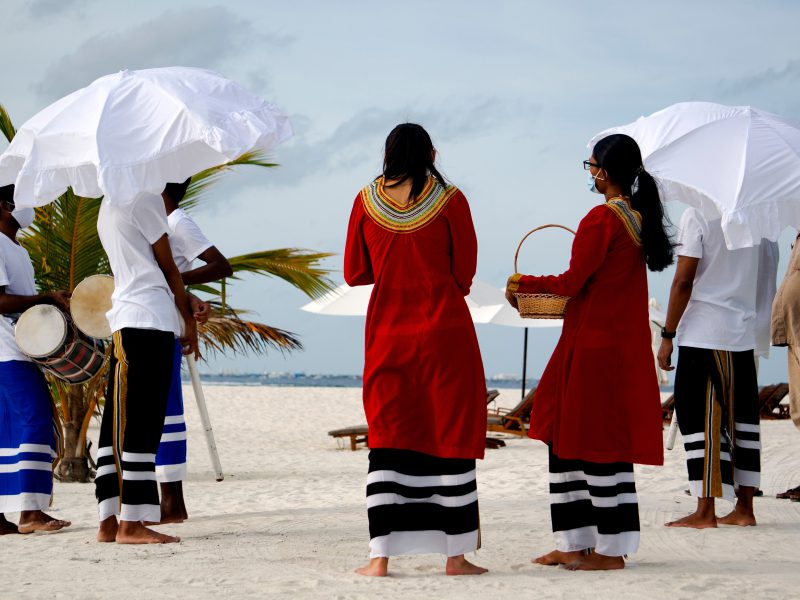
Traditional Maldivian clothes – An introduction
Clothes are more than just pieces of fabrics stitched together. Every apparel has a function dictated primarily by topography. Tropical countries, for …
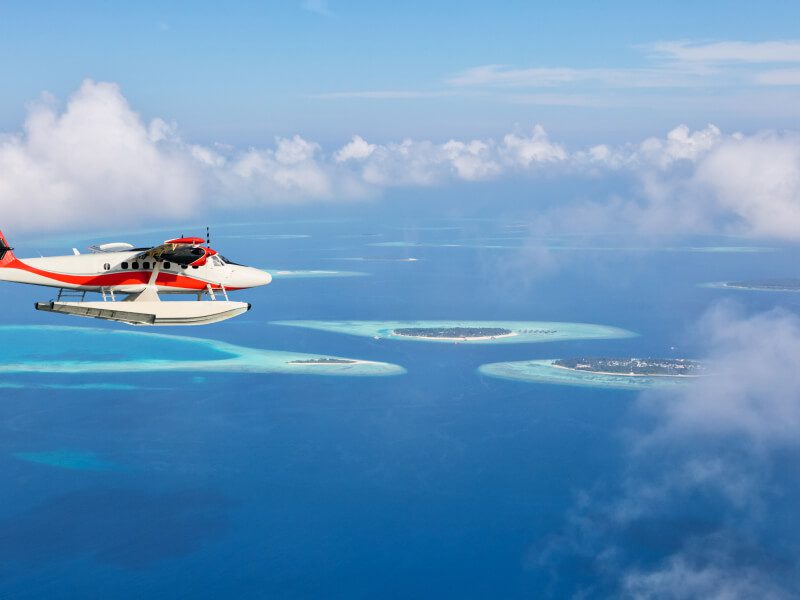
22 Interesting Maldives facts for kids (and adults)
The Maldives is no longer a secret destination! A captivating country packed with innumerable wonders, it is rich in culture, traditions, and natural …

8 Best kids’ clubs in the Maldives
**Welcome to the new Maldives! ** Okay, so the island nation is still the same. However, a vacation in this tropical escape is more elaborate and …
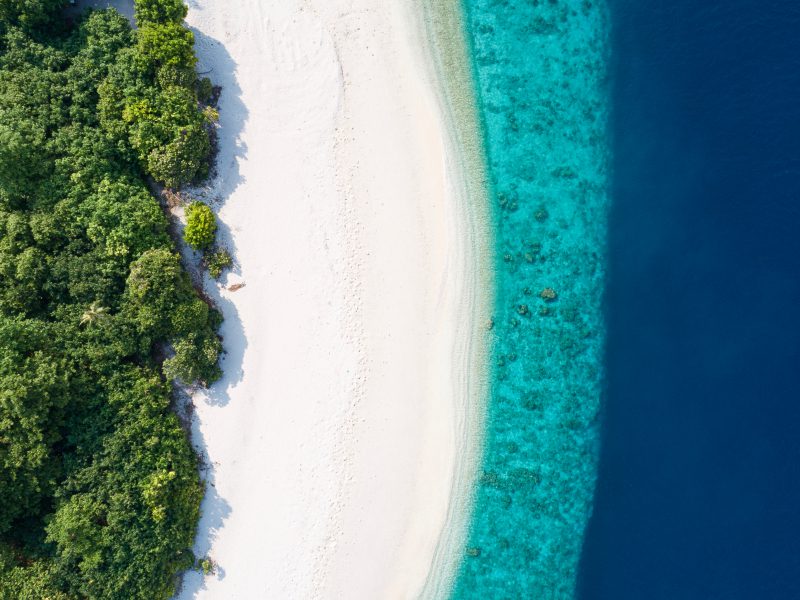
6 Fun ways to see the Maldives from above
The view of our Earth from space is a visually mesmerizing spectacle only a few lucky souls ever get to relish. Come down a little more, and when seen …
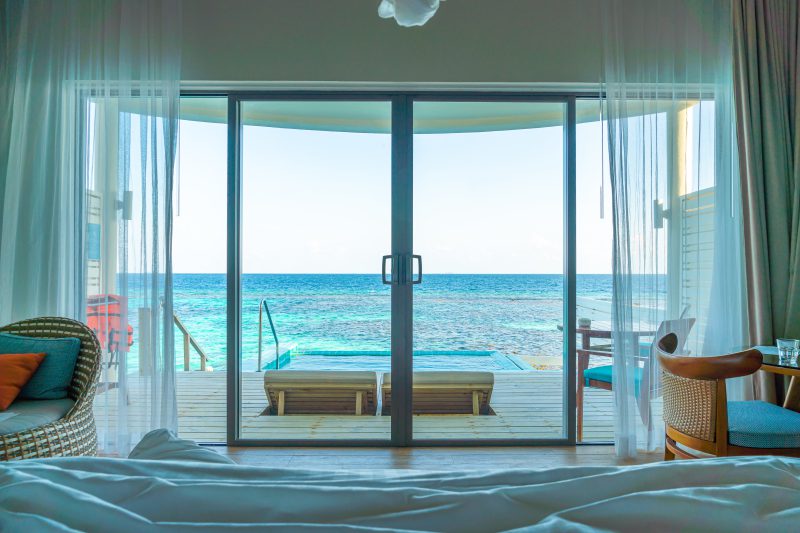
12 Fun and exciting things to do inside your Maldives villa
Staying indoors during a holiday seems crazy at first. Even more so when you are in the Maldives, a paradise that promises unmatched visual beauty …
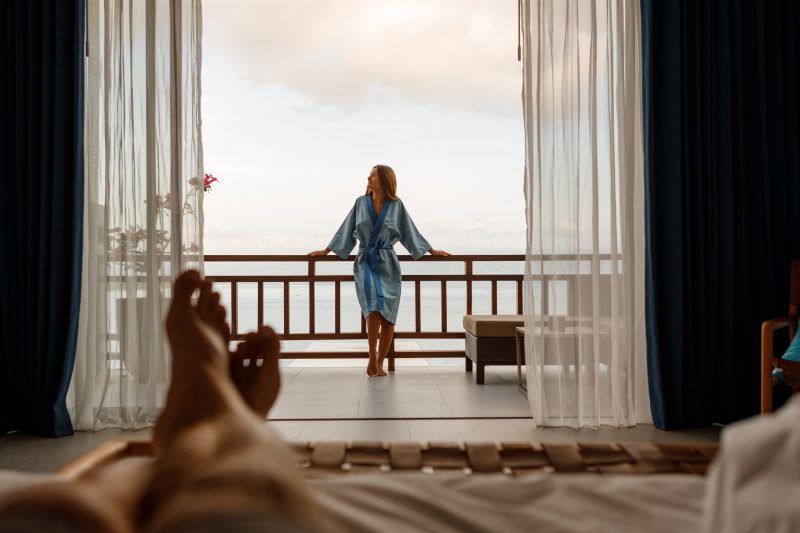
Honeymoon in the Maldives – 9 tips and secrets to keep in mind!
Congratulations on your marriage! Welcome to a new phase in life, one that you get to share with that special person. Weddings can be so much fun, …
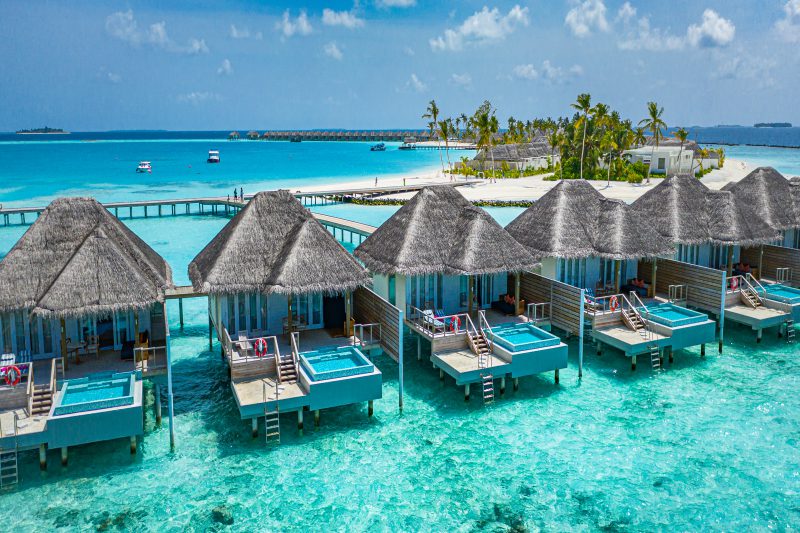
Different types of holidays in the Maldives you can enjoy
Long gone are the days when tourists visiting the Maldives were mainly honeymooning couples or jet-setters searching for an extravagant retreat. The …

7 Reasons why the Maldives is perfect for a group holiday
Did you know that long before the Maldives became a top destination for luxury travelers and honeymooners, it was a favorite with travel operators …
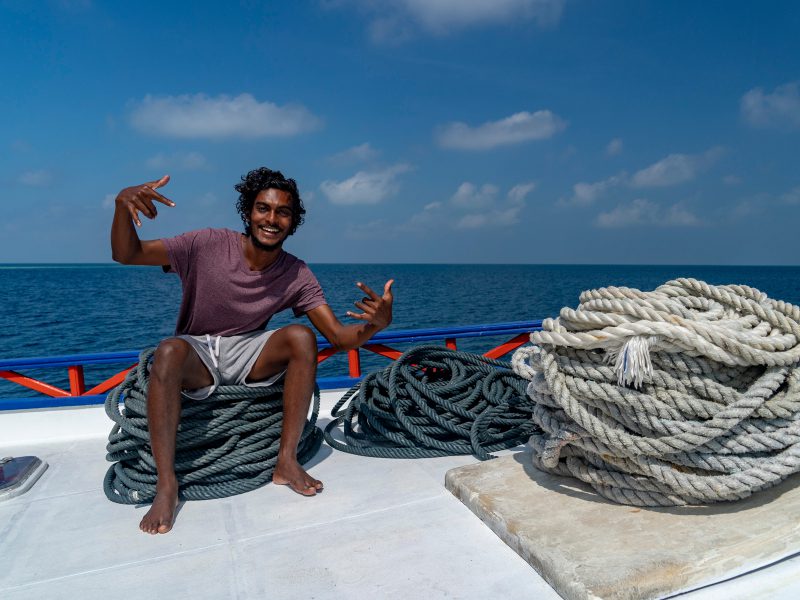
How to live like a local in the Maldives
The best part about travel is that it allows you to experience new cultures and traditions. Sometimes, though, we are so busy discovering the more …
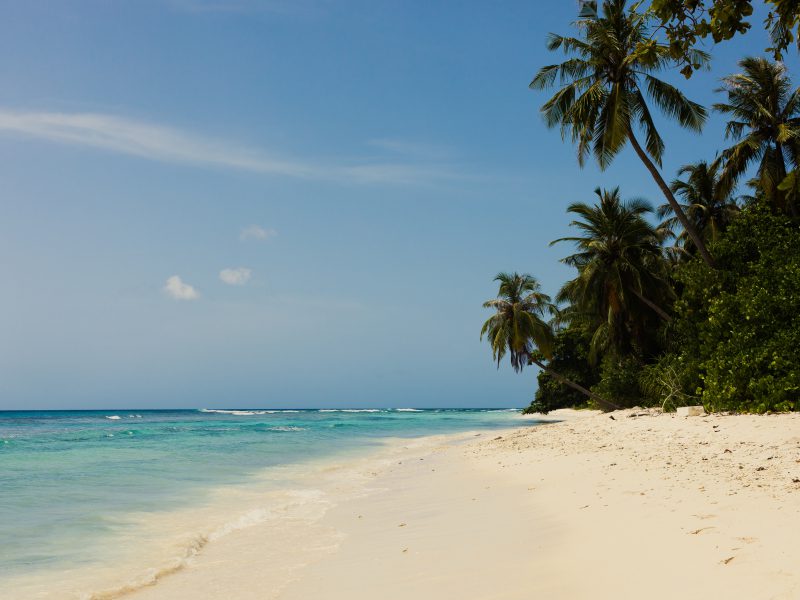
Maalhos island guide
Similar to the various private resorts in the Maldives, each of the inhabited islands in the archipelago have their own unique characteristics. Some …

Bookshops in the Maldives – Your guide to literary findings
One quintessential experience to have while in the Maldives is reading a book on the beach. There’s something eternally charming about being out in …
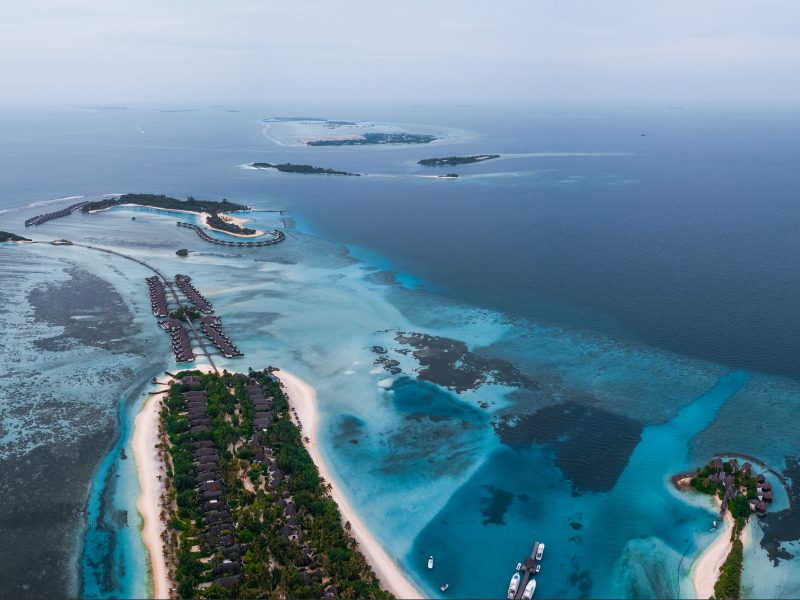
Huraa island guide
Many first-time travelers to the Maldives typically wonder if they should set aside a few days to visit one of the country’s inhabited islands. It’s a …

Resorts with the best swimming pools in the Maldives
Admittedly, you have the biggest swimming pool at your doorstep while vacationing in the Maldives. The Indian Ocean and its blue waters are a delight …

Himmafushi island guide
Luxurious resorts dominate the tourism industry of the Maldives. They attract travellers with their grandeur and an array of indulgent facilities. …
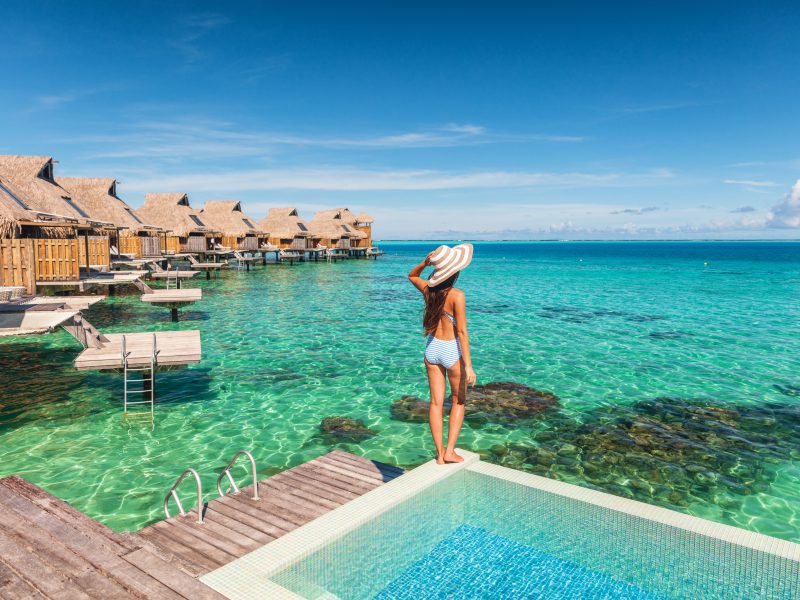
Essential things to plan before your Maldives holiday
Are you a first, or for that matter, a second-time visitor to the Maldives? Confused about how to plan a trip to the island nation? Don’t be! …
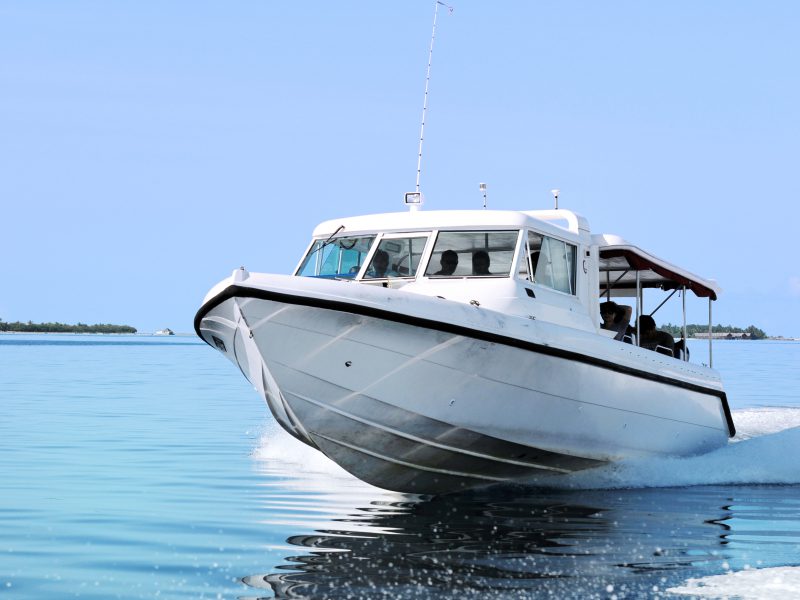
Rasdhoo island guide
A breathtakingly beautiful archipelago, Maldives has drawn sun, sand, and sea lovers for decades. Once in the Maldives, most tourists make their way …
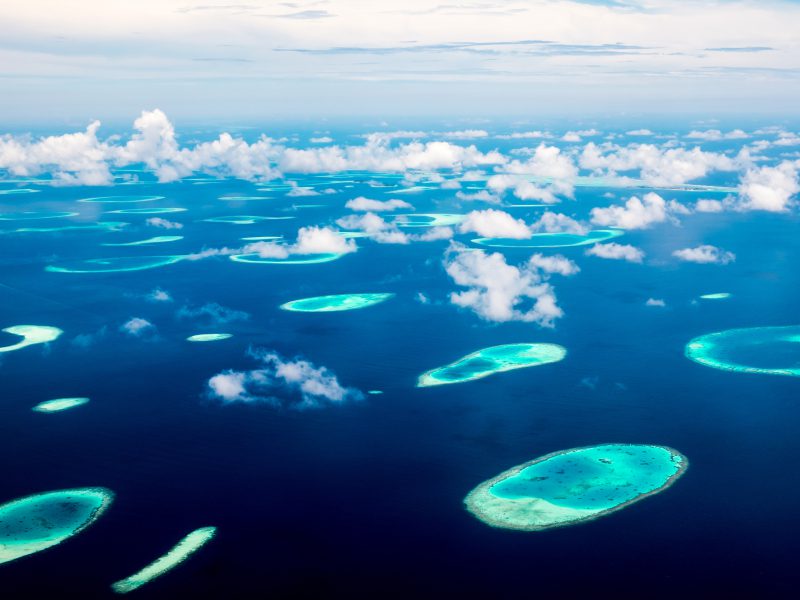
Six facts about the Maldives you probably did not know!
Take the smallest of countries in the world. Dig a little deeper into their history, cultures, heritage, and you’ll come across a brimful of …
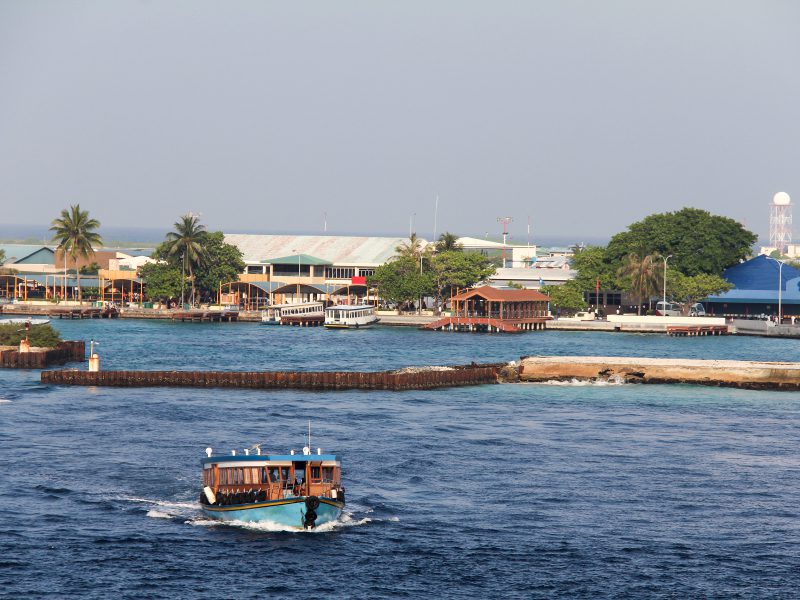
Gan island guide
The Maldives boasts over 1190 islands. While most of them remain uninhabited, each one is characteristically special. Of course, the private resort …
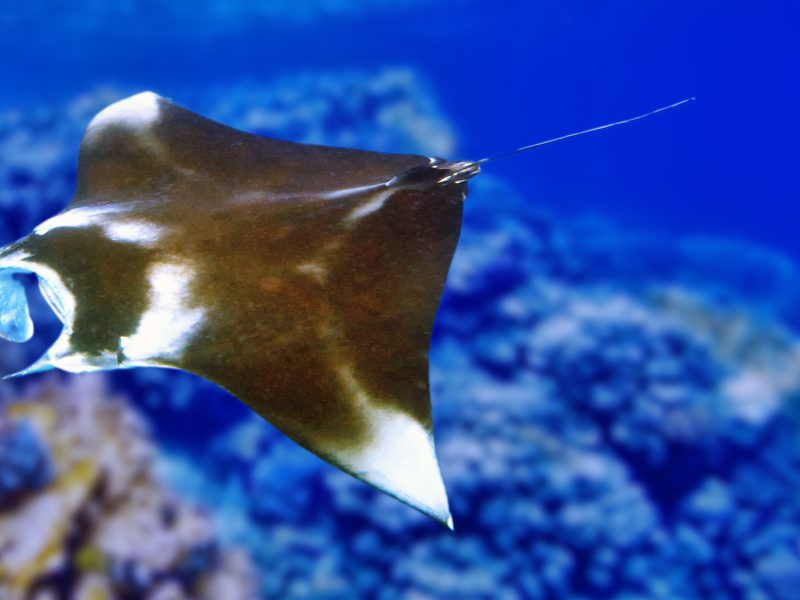
Thoddoo island guide
The concept of “if you’ve seen one, you’ve seen them all” does not apply to Maldivian islands. In fact, it’s pretty amazing how distinct the …
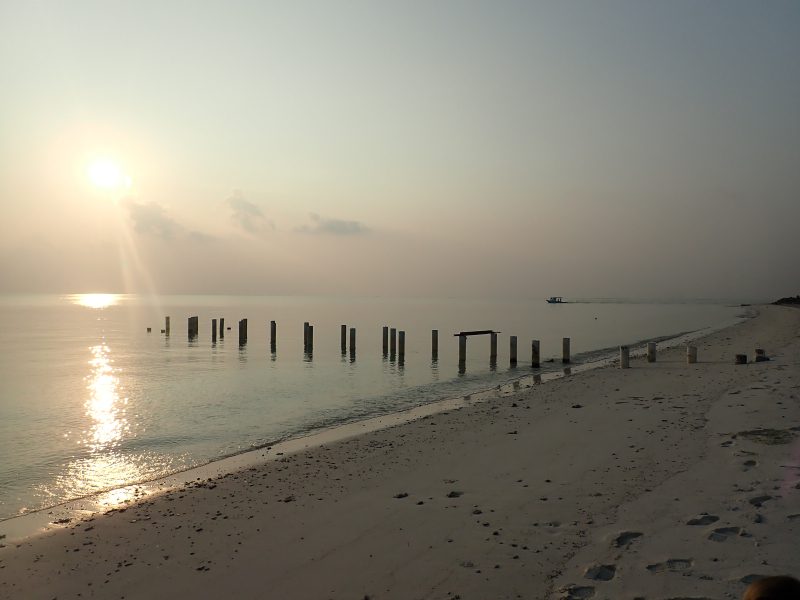
Kelaa island guide
For most of us, Maldives’ allure is its white sandy beaches and the surrounding warm blue ocean. The oft-overlooked aspect, however, is its unique …

11 Points to consider when choosing a Maldives resort
You’ve booked your flight to the Maldives. The picture-perfect beauty of the islands and their surrounding waters has you eager to set off as …
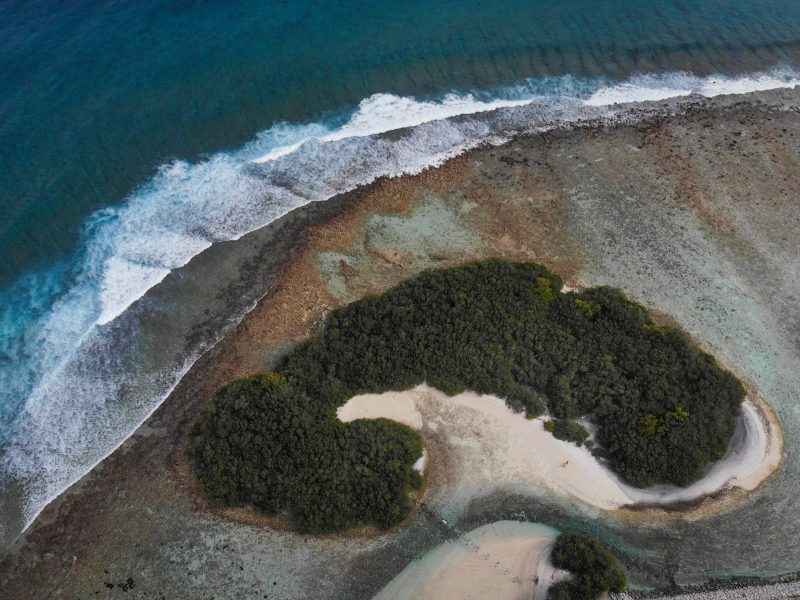
Thulusdhoo island guide
There is no denying that the Maldives has an appealing setting. It wouldn’t attract millions of tourists year-round if it did not. Most travelers fly …

Above sea level – five things to do on Maldivian islands
Maldives’ beaches and underwater activities grab most of the eyeballs. Not many tourists are aware of its rich history. Even fewer try to acquaint …
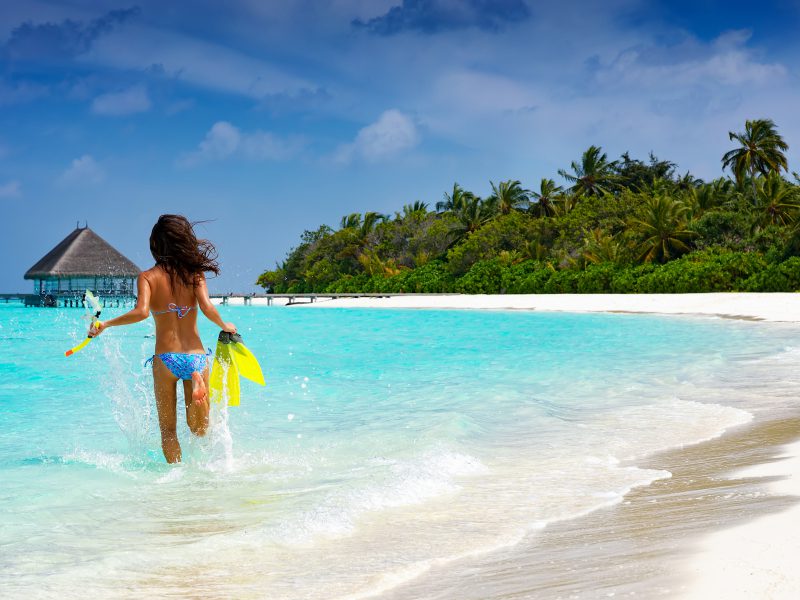
A step-by-step guide to a resort day in the Maldives
The Maldives has grown into a distinct holiday destination over the past few years. It now attracts a diverse set of tourists, from those looking to …
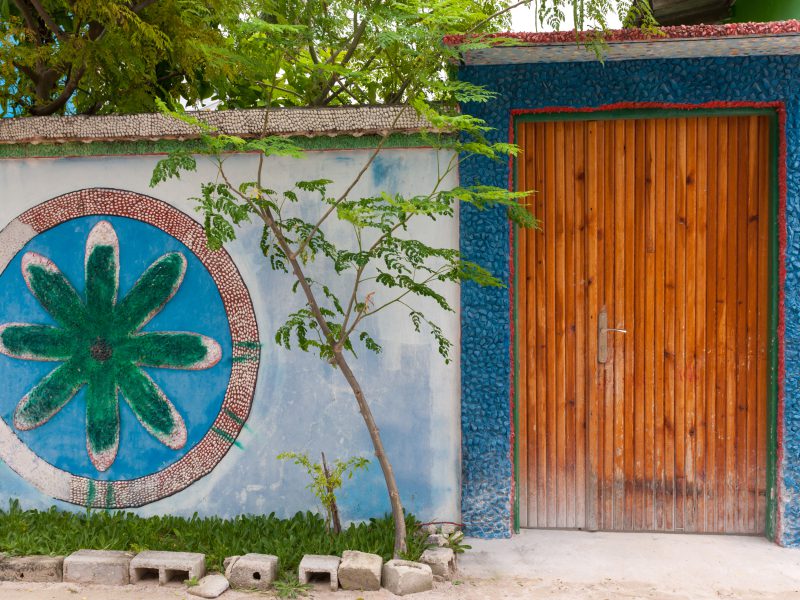
6 Reasons to book a guesthouse in the Maldives
A significant shift in Maldives tourism came about in 2010. It was in this year that the government allowed residents to open and operate guesthouses …
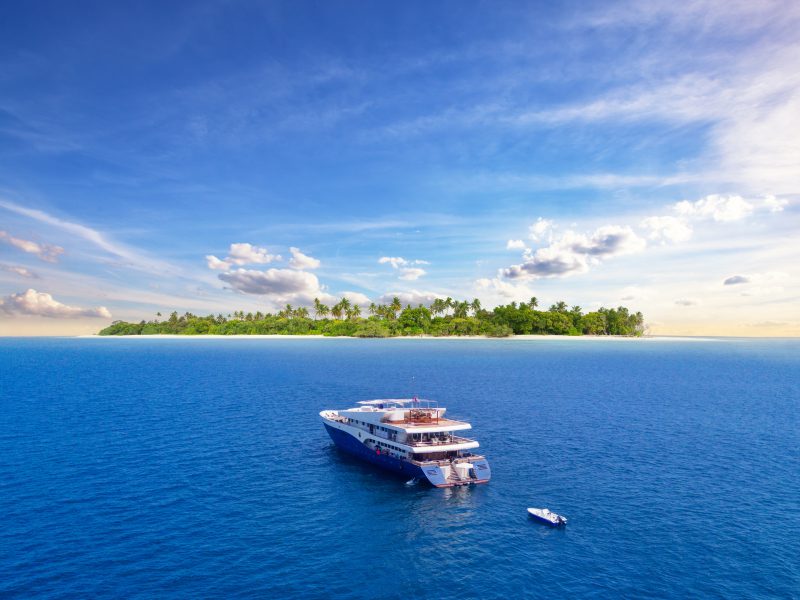
11 Points to consider when selecting a liveaboard in the Maldives
When it comes to discovering the Maldives, nothing beats the freedom that a liveaboard holiday offers. Spending a few days or a couple of weeks on a …
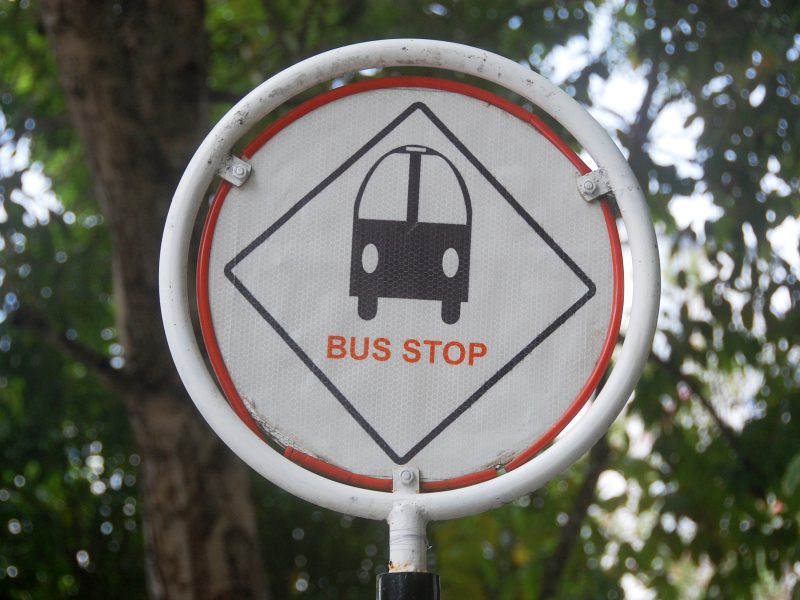
Different ways to travel around a Maldivian island
A trip to the Maldives requires a little pre-planning. In fact, more than a typical holiday, where once you have the hotel and flight booked, there is …
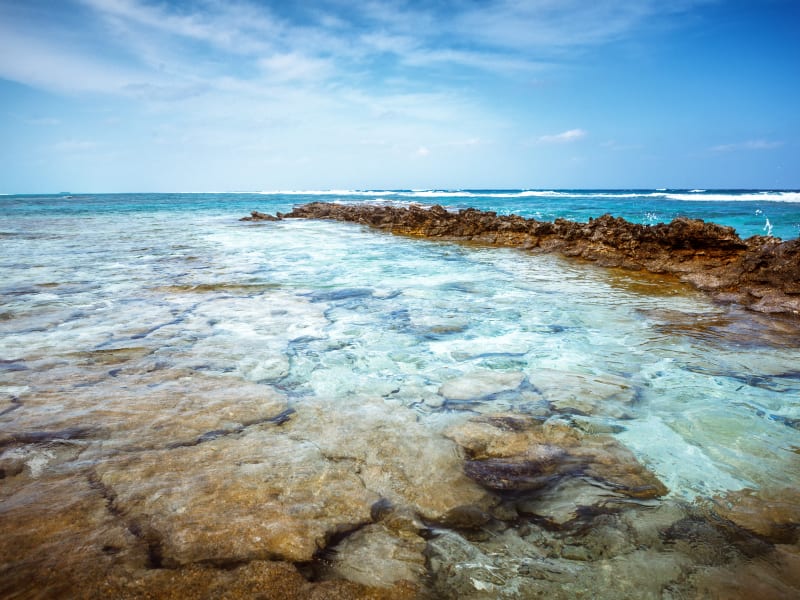
Fulhadhoo island guide
The past decade has seen the Maldives create a unique identity. Besides being the world’s top luxury and honeymoon destination, it has recently …
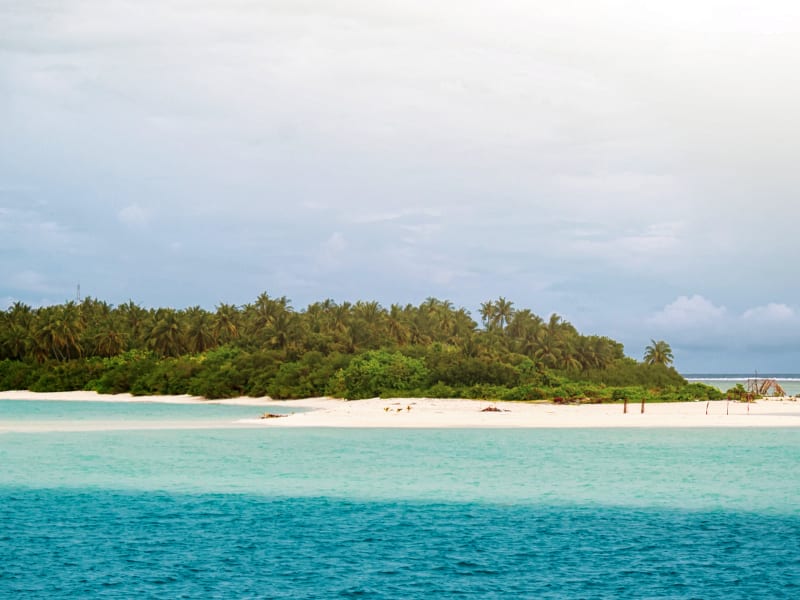
Fuvahmulah island guide
While invitingly indulgent, the luxury offered by the resort islands of the Maldives can feel monotonous to those looking for an offbeat vacation. An …
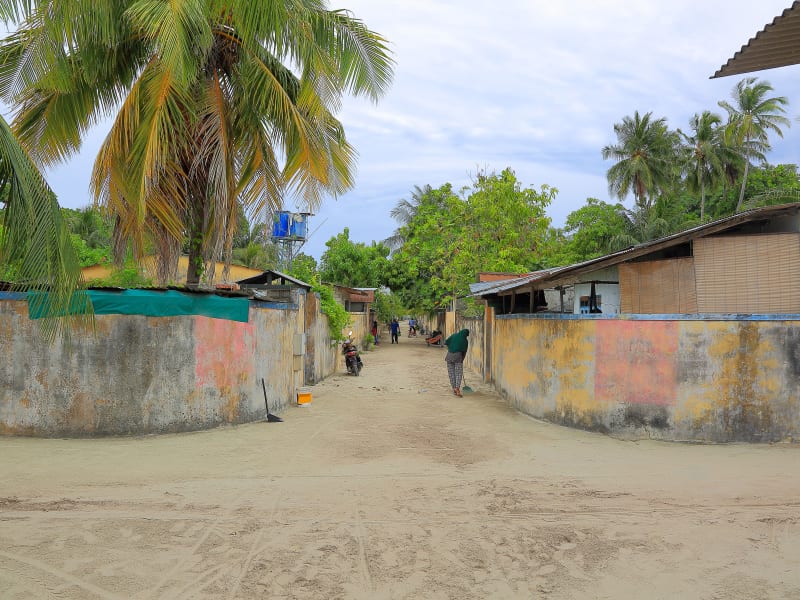
Dhangethi island guide
Somewhere in the middle of the Indian Ocean lies a tiny island. Dominated by exotic tropical flora, cocooned by turquoise blue waters and a snow-white …
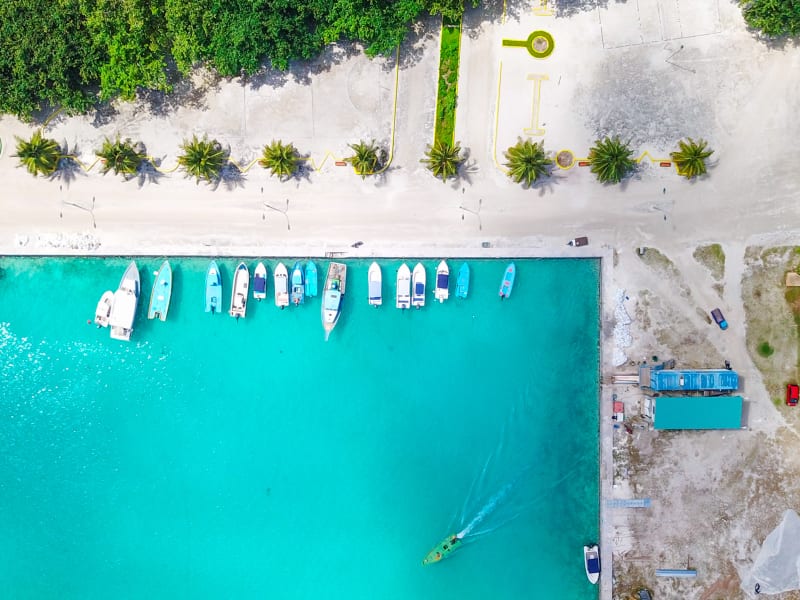
Ukulhas island guide
A romantic getaway, a luxurious retreat, or a family-friendly beach hideaway, most resort islands in the Maldives offer you the very best in vacation …
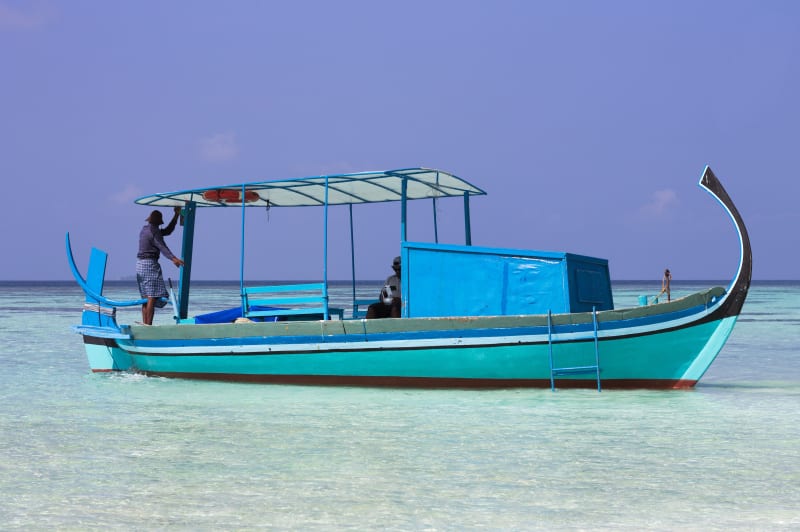
Your complete guide to boat travel in the Maldives
Considering that the Maldives is an island nation covering vast areas of the Indian Ocean,** travel by boat is evident** during your tropical …
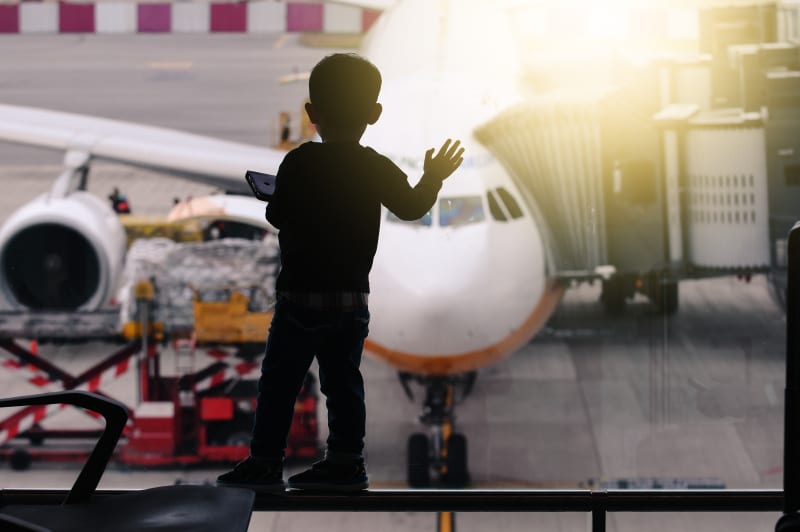
12 Essential tips for a Maldives flight
Before anyone can enjoy Maldives’ breath-taking beauty, they first have to fly miles over the ocean to reach this stunning archipelago. Thousands of …
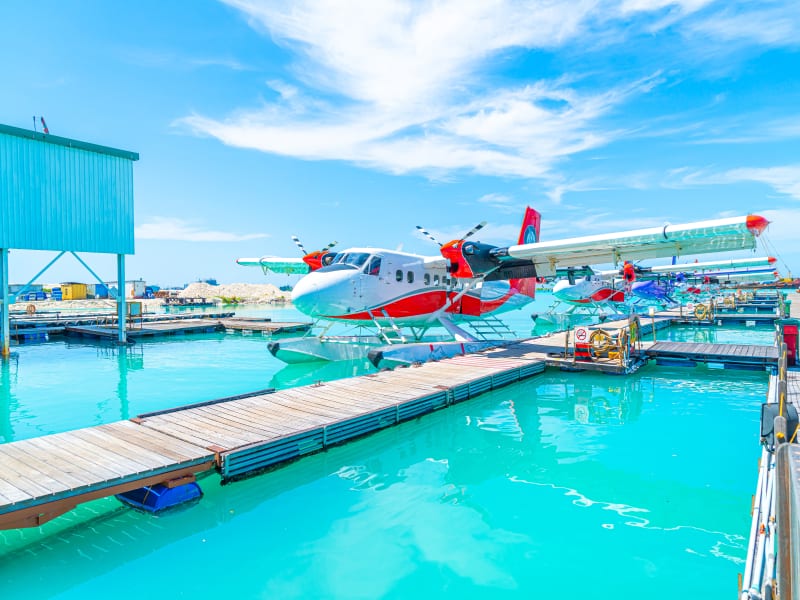
Tips for taking seaplanes in Maldives
Adding to the Maldives’ uniqueness is the fact that it has the “biggest seaplane operations in the world.” Flights to over 60 resorts around the …
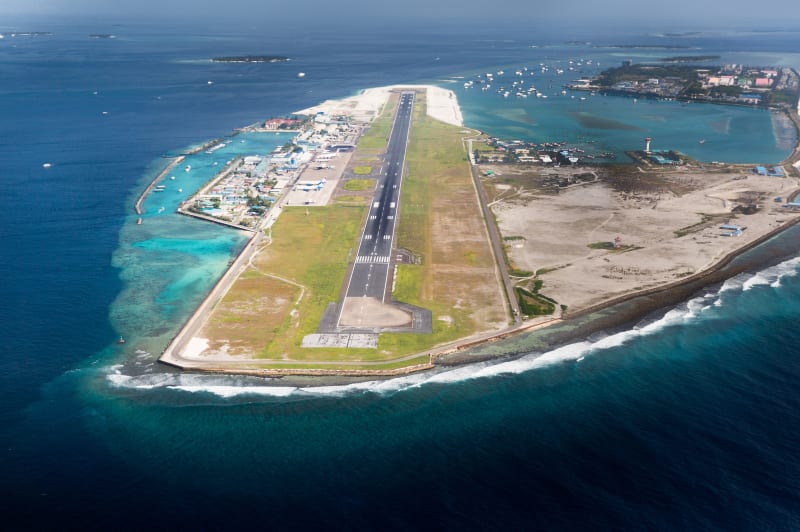
Landing in paradise: A Maldives airport guide
The Maldives is a paradise destination in the middle of the Indian Ocean. Far away from the rest of the world, the most preferred way to reach this …
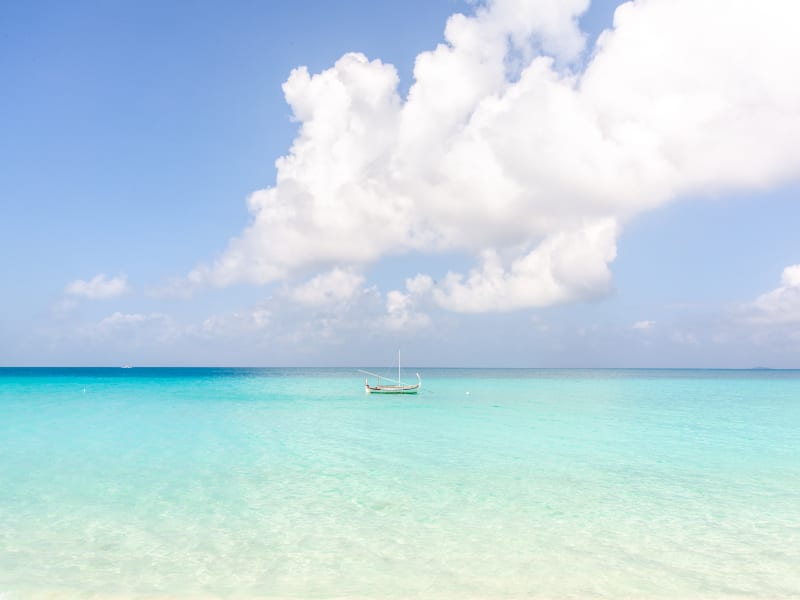
Dhigurah island guide
Every one of the 1192 islands in the Maldives is stunning. Full of fascinating features, these islands and islets give the country a distinct …
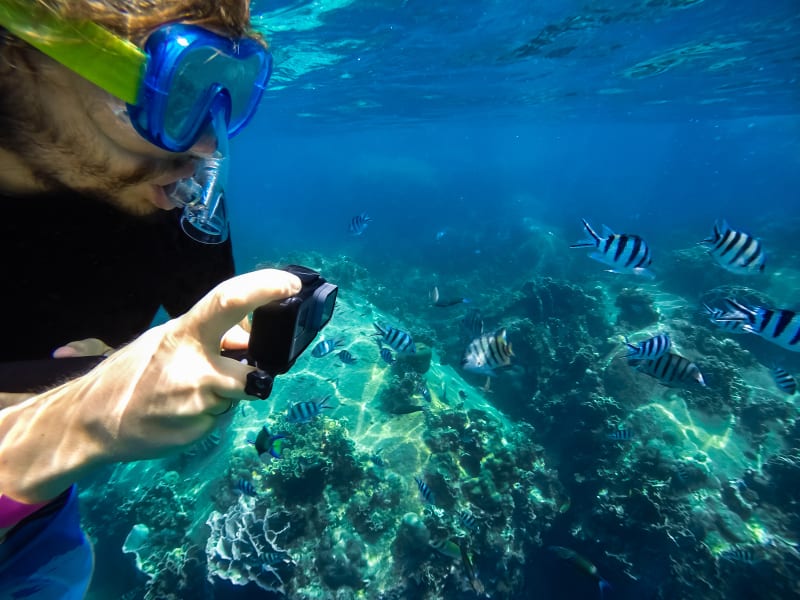
Best photography guide for the Maldives
The funny thing about photography in the Maldives is that you really have to go out of the way to take a bad photo. There’s so much sensational beauty …
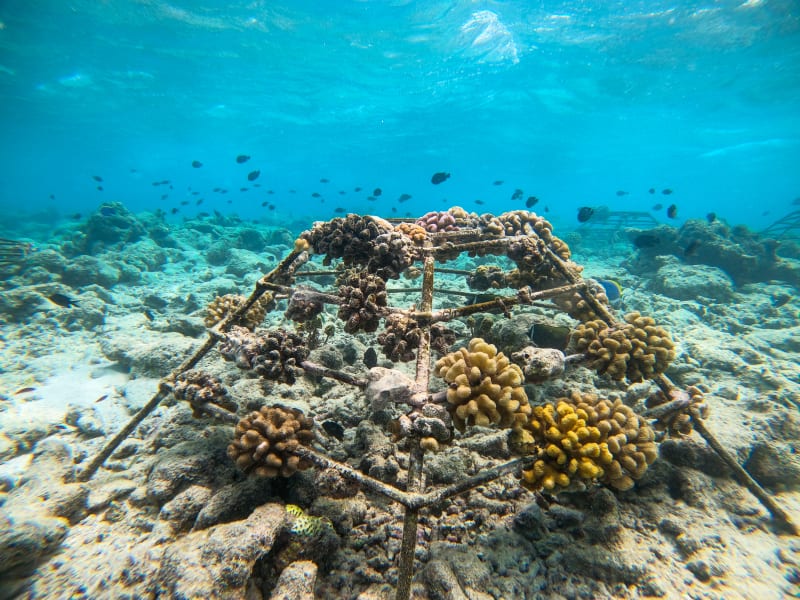
Sustainable travel in the Maldives
The islands of Maldives are on the verge of disappearing. As climate change becomes more evident with each passing year, Maldives is among the first …
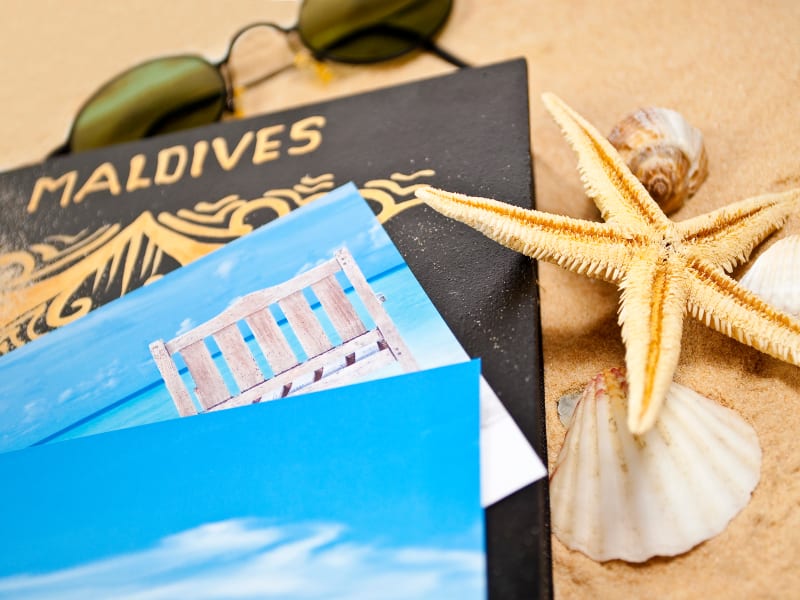
What and where to shop in Maldives
The Maldives is not known for its shopping opportunities. Being an island nation in the middle of the Indian Ocean, there are obvious limitations to …
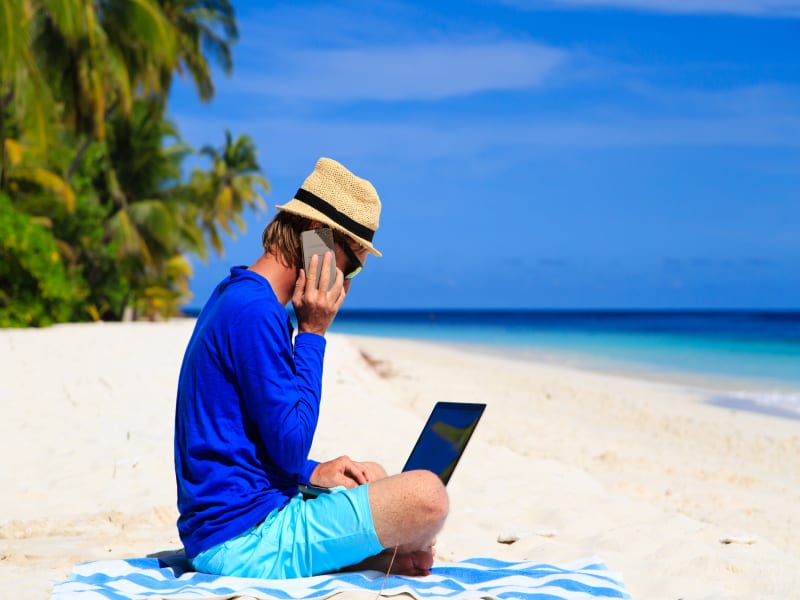
Reasons why Maldives is perfect for remote working
Physical boundaries might still separate us in reality, but as a world, we are continually merging, reducing the distances that once existed between …

5 fun facts about the Maldives
Beyond all the information you read in tourist brochures and past all the highlights listed on resort websites are fun facts about the Maldives that …
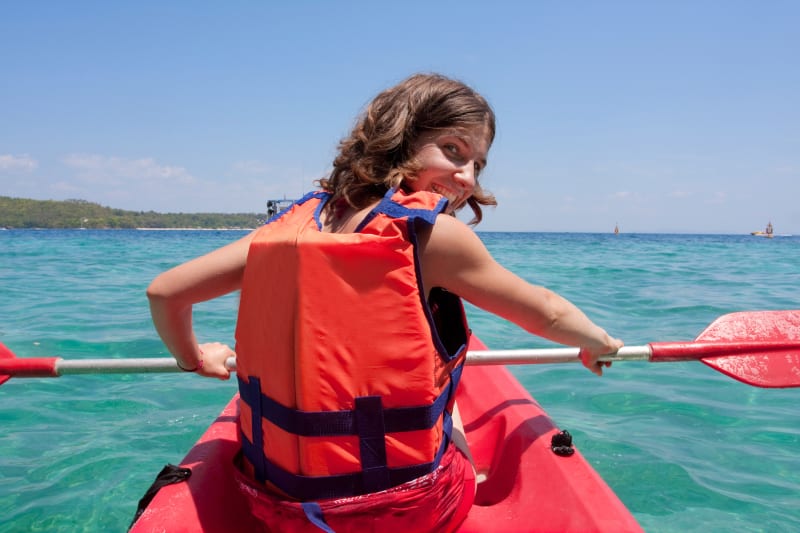
Suggestions and safety tips for water sports in the Maldives
For many, the Maldives is a place to unwind, take things slow, and let the mood dictate their lives for a change. For others, the endless …
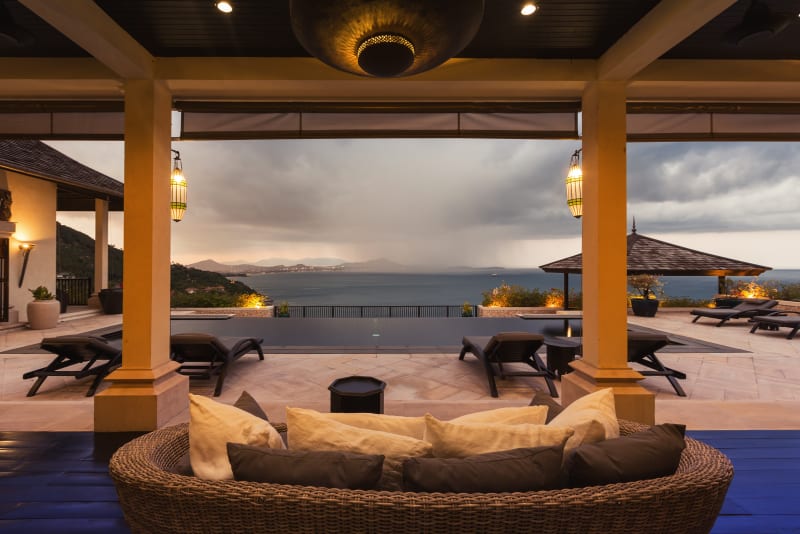
6 Questions to ask before booking a beach villa in Maldives
The Maldives promotes itself as an exclusive, unhurried, picturesque destination where you can forget about life’s many predicaments and lose …
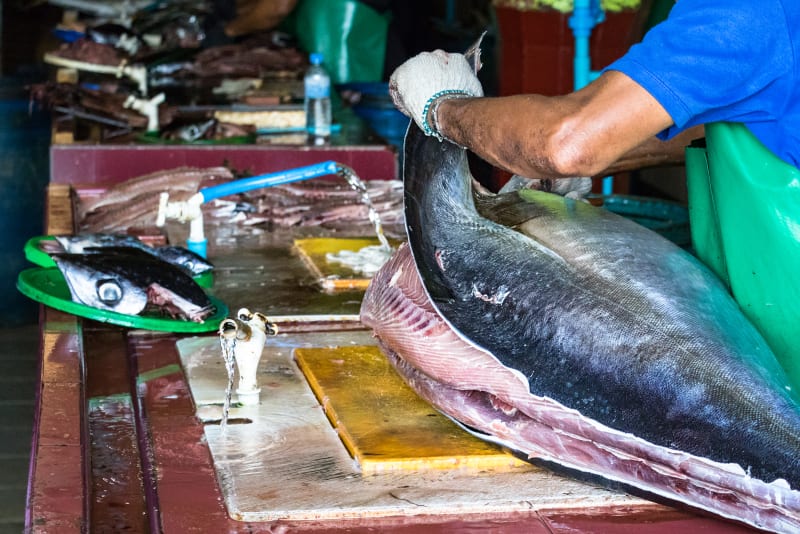
Fun free things to do in the Maldives
The Maldives has been busy, over the last decade, changing its reputation from a luxury escape to one that welcomes travelers of all budgets. That’s …
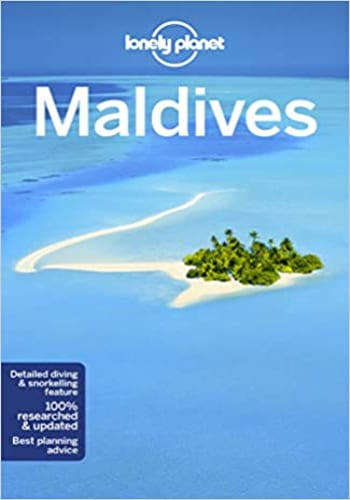
7 Nonfiction books to read before visiting the Maldives
Before you get a chance to sit on a secluded sandy white beach in the Maldives, with a thrilling book in your hand, sipping margaritas, you must do …

7 Romantic dining ideas for couples in the Maldives
It’s easy to sweep your loved one off their feet when in the Maldives. The unadulterated beauty of the islands is already the perfect backdrop for a …
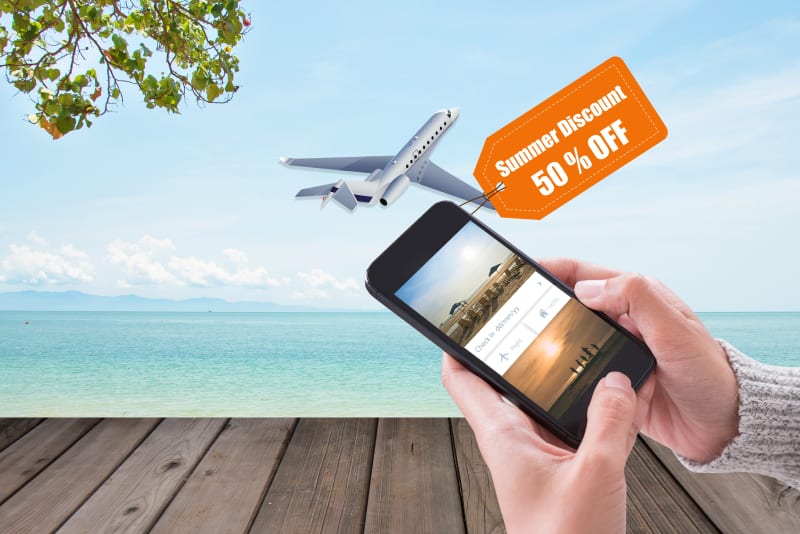
10 Easy ways to save money in the Maldives
As an island nation cut-off from the world, Maldives exudes unmatched exclusivity, most prominently witnessed through the presence of its extravagant …
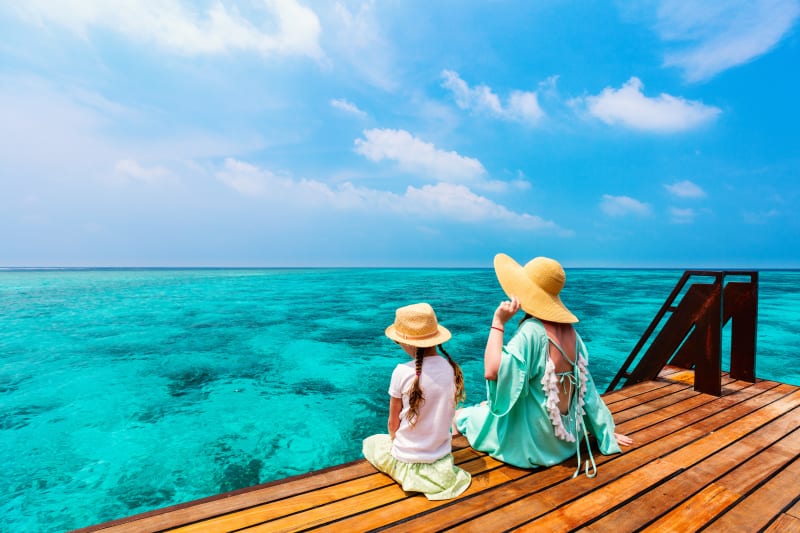
Your ultimate guide to booking the best overwater bungalows in the Maldives
A holiday in the Maldives is all about extraordinary experiences. Observing manta rays go on a feeding frenzy at Hanifaru Bay or a thrilling seaplane …
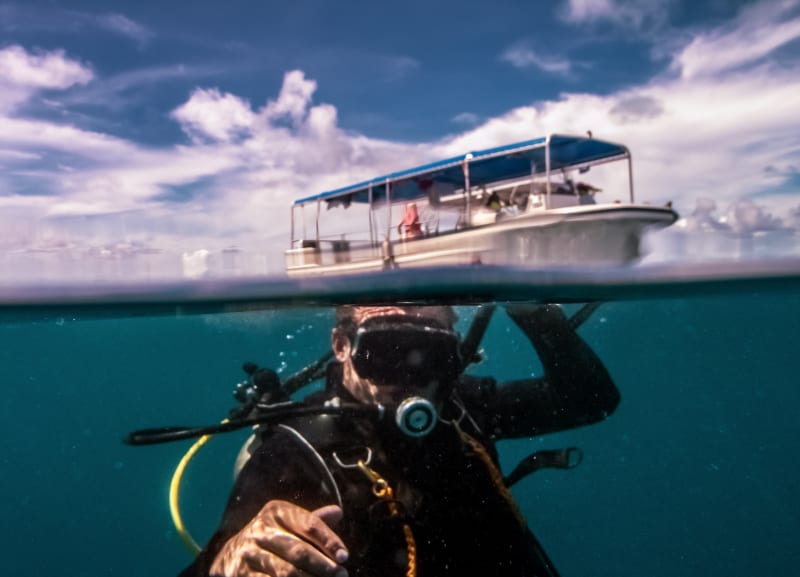
Essential tips for divers visiting the Maldives
That the Maldives is among the best diving destinations in the whole wide world is no longer a secret. The archipelago’s idyllic location in the …
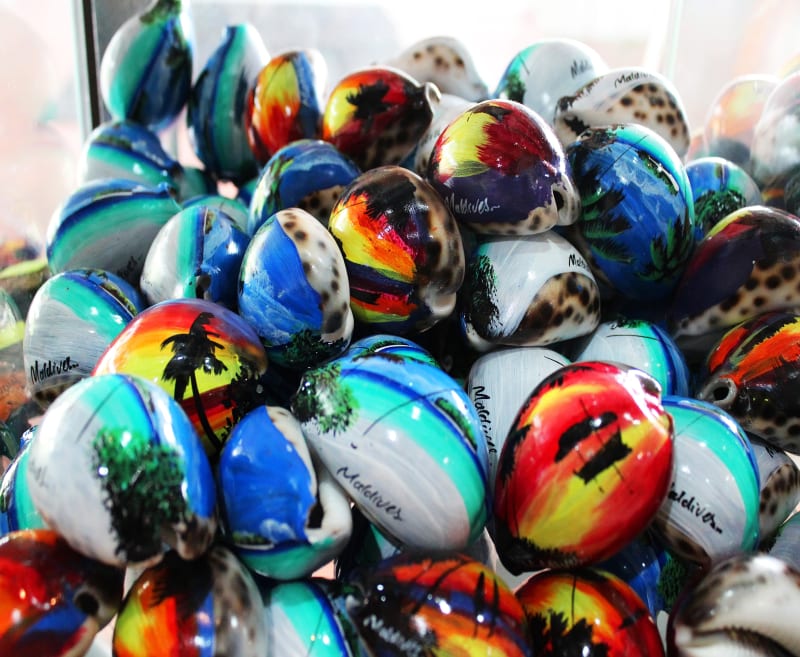
7 must-buy souvenirs in the Maldives
Shopping in the Maldives is a simple and straightforward affair. Since the island nation imports most goods, you will find that items such as …
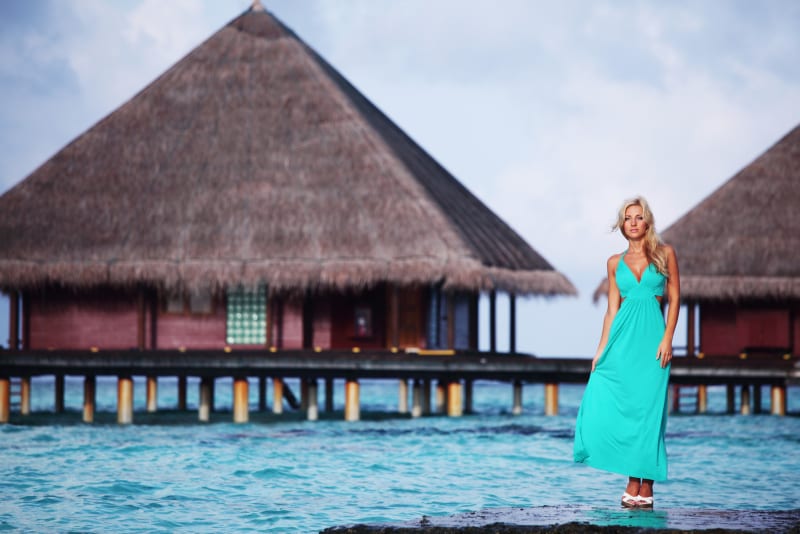
Your ultimate packing list for the Maldives
You’ve booked your airline ticket, made a reservation at a resort or a guesthouse, confirmed a jetboat transfer, and are all set to spend a few days …

Reasons why the Maldives won the World’s Leading Destination 2020 award
After a year filled with uncertainty, there is finally a reason for the Maldives to celebrate. The island nation recently won the prestigious World’s …
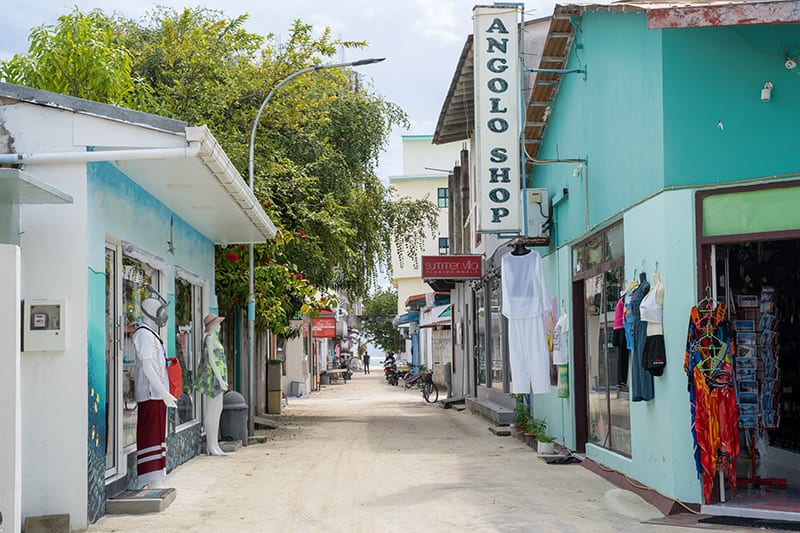
Tips for having the best budget holiday in the Maldives
No longer a far-fetched budget holiday idea, it is quite possible to have a wonderful time in the Maldives now at pocket-friendly prices. Admittedly, …
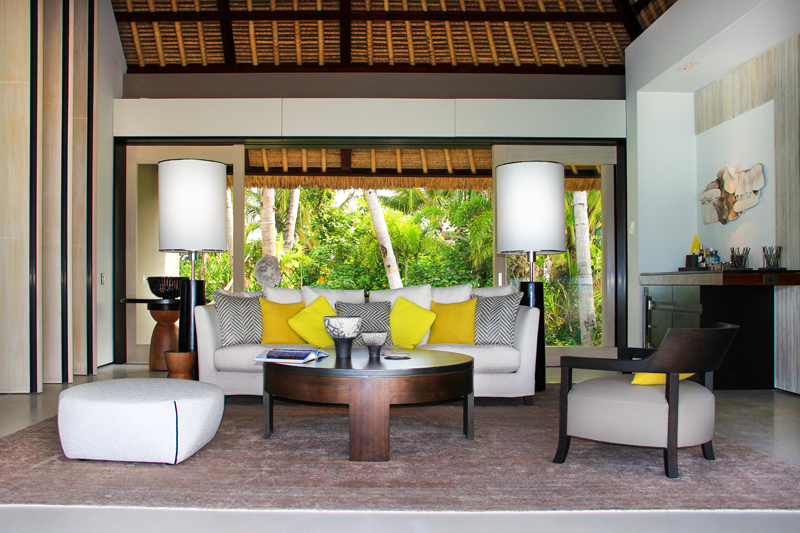
Tips on choosing the best villas in the Maldives for your tropical vacation
Planning for a Maldivian holiday is often as much fun as going on one. From searching for the best airline deals to selecting a resort and choosing …
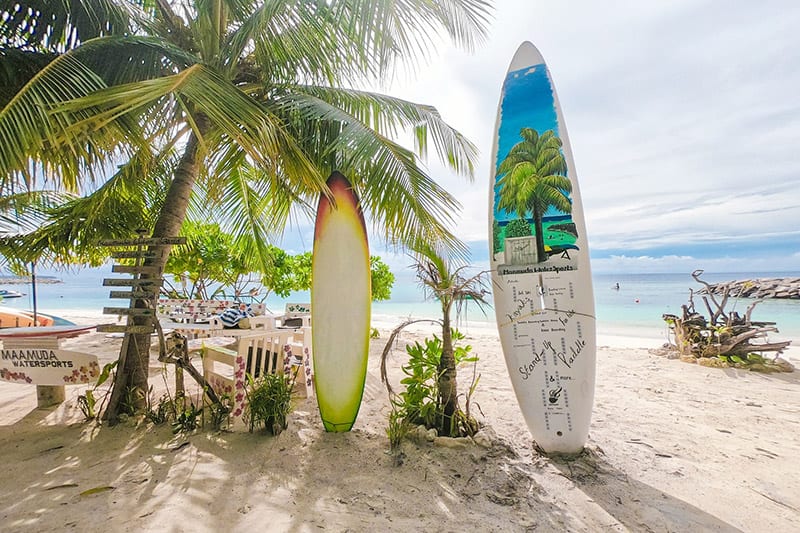
10 Best beaches in the Maldives
It’s unfair to try and pick the best beaches in the Maldives. After all, every beach on the archipelago’s 1100 plus islands is unique and offers …
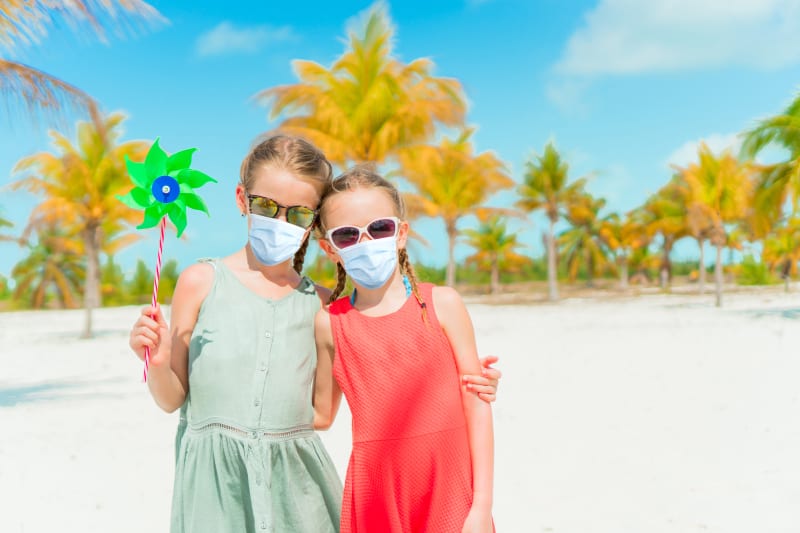
Maldives reopens for international tourists – Here are the latest COVID guidelines
***This article was last updated on 15th September 2021. Although we try and provide the latest COVID-related information in the Maldives, situations …

